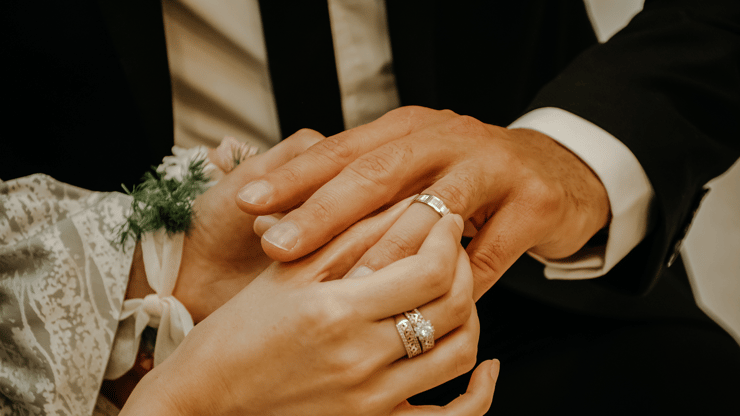Man Denied NZ Refugee Status For Being Married To Two Women

A Sri Lankan man who claimed he was coerced into a bigamous marriage to conceal his second wife’s alleged past lesbian relationship has been denied refugee status in New Zealand, The New Zealand Herald reported.
The man, identified as J.C., told the Immigration and Protection Tribunal that a powerful Sri Lankan politician forced him into the 2015 marriage, threatening him and promising financial support for his first wife and children in Sri Lanka.
J.C. claimed the politician wanted to help a friend whose daughter was in a same-sex relationship. “The father wanted his daughter ‘out of the country,’” he told the tribunal. The politician allegedly ordered J.C. to marry the woman and take her to New Zealand.
J.C. said he felt forced to comply, but after the marriage broke down in 2018, he sought refugee status, fearing retribution. He alleged the politician had threatened him with a gun during a prior confrontation, even forcing “the barrel into his mouth.”
However, his second wife, C.C., rejected his claims. She insisted she was not a lesbian and had a loving relationship with her father. According to her, J.C. had deceived her into marriage to obtain a New Zealand visa.
She claimed she met J.C. at a friend’s wedding in 2014 and married him the following year. She later became unhappy due to “physical and emotional abuse” and was shocked to discover J.C. was already married. “I found out he had used my laptop to send money to his other wife,” she told the tribunal.
She searched Sri Lankan records and found a marriage certificate indicating J.C. had not married his first wife in 2010, as he claimed, but in 2015—the same year he married her.
Tribunal adjudicator Bruce Burson reviewed the testimonies of J.C., his first wife, his mother, and C.C. He noted inconsistencies in J.C.’s account and questioned the validity of his marriage certificate. Ultimately, Burson ruled in favor of C.C.’s account, concluding that J.C. had entered into a bigamous marriage to secure a New Zealand visa.
“The most credible account is that J.C. duped his second wife into marriage with the ambition of obtaining a visa and later bringing his first wife and children to New Zealand,” Burson stated in the ruling.
As a result, J.C.’s refugee application was denied.



